
Traders check out Yiwu's small commodities in May. Its highly export-oriented business nature has made the city a key testing ground in China's efforts to internationalize its currency. (QIAN XUSHENG/FOR CHINA DAILY)
Services provided by traditional channels such as SWIFT and banks are increasingly ill-equipped to meet new market needs, such as the exploding development of cross-border e-commerce, said Wu, from E-ter Network.
SWIFT (the Society for Worldwide Interbank Financial Telecommunications) is an international payment network.
"We usually have to wait for at least several days, sometimes even weeks, before receiving or making a cross-border payment through traditional channels," Wu said. "Now it takes only a few hours or minutes to finish the transfer, and we don't have to worry about exchange rate fluctuations, either."
An added appeal is that these innovations have provided more security for cross-border yuan settlements.
Yang Fang, a vendor from the Yiwu International Trade Market, once had her bank account frozen after a payment for goods worth 40,000 yuan was transferred to it from a Vietnamese customer.
Although part of a routine anti-fraud and anti-money laundering investigation conducted by the authorities, the incident still affected her business, as a large amount of the money in the account was made unavailable for a three-month period.
While she understood the necessity of the procedure and fully cooperated with the investigation, Yang, like many other traders who have had similar experiences, said she "just hoped to have a more secure platform for merchants to ensure the normal and unhindered flow of legitimate funds".
In addition, external factors play an important role in spurring the expansion of cross-border renminbi settlements.
"After the Russia-Ukraine conflict began, our Russian clients started making payments in yuan, sporadically at first, and then by May this year, they began to settle every deal in renminbi," Zhang Li, who owns a foreign trade company exporting hardware and power tools in Hangzhou, told Zhejiang-based Tide News.
Settling business in yuan is apparently a "great thing" for Zhang, who has been pining for it since she started working in foreign trade 14 years ago.
"Now we don't have to convert roubles into dollars and then into yuan — and vice versa," she said. "It is more convenient and stable."
Zhang's experience and sentiments have been shared by other traders in Yiwu.
"Of course, we prefer to conduct transactions in the local currency," said Ali Maged, a 35-year-old Yemeni who first came to Yiwu in 2007 and later set up his own trading company in the city.
"While we can't force the clients to use a particular currency," he said, "more and more are choosing to settle in renminbi, especially those from countries affected by U.S. sanctions, such as Russia and Iraq."
Local authorities in Yiwu have also stepped up efforts and come up with new initiatives to further boost cross-border yuan settlement. In late May, a China-Africa renminbi settlement center was inaugurated in the city to expand cross-border transactions between the two sides, as Yiwu's imports and exports to the continent hit 49.38 billion yuan in the first half of 2023, up 31 percent year-on-year.
Meanwhile, China has continued to encourage the use of the yuan all over the world and signed bilateral currency swap agreements with more than 40 countries and regions.
SWIFT announced recently that the Chinese currency's share in global payments had increased for five consecutive months to 2.77 percent in June, the highest level since January 2022.
The latest research report released by the International Monetary Institute of Renmin University of China showed that compared with 2021, the Renminbi Internationalization Index grew by 18.08 percent at the end of 2022 and will keep rising.













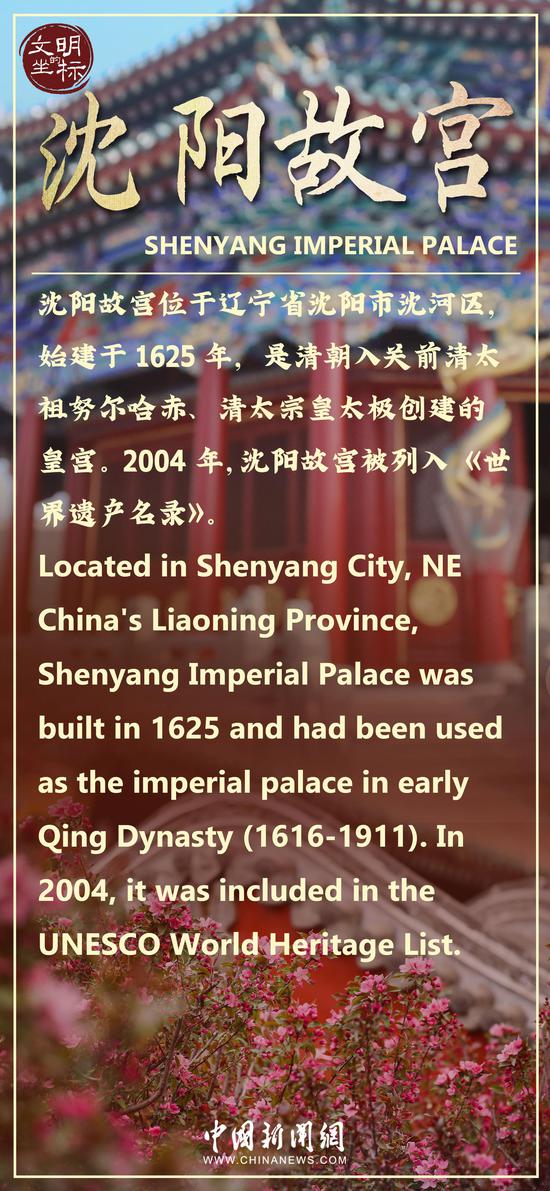










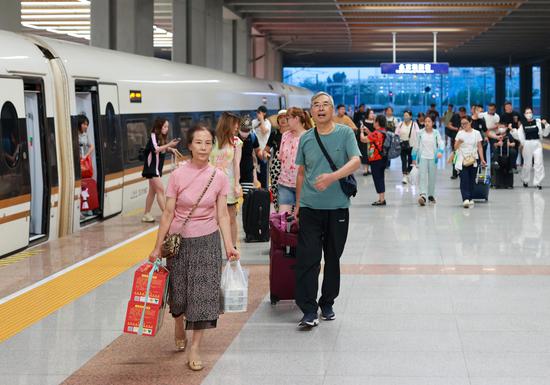
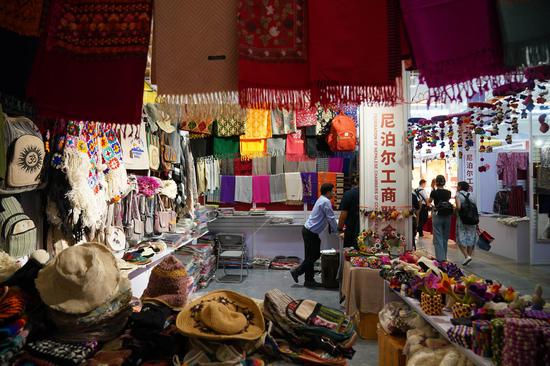





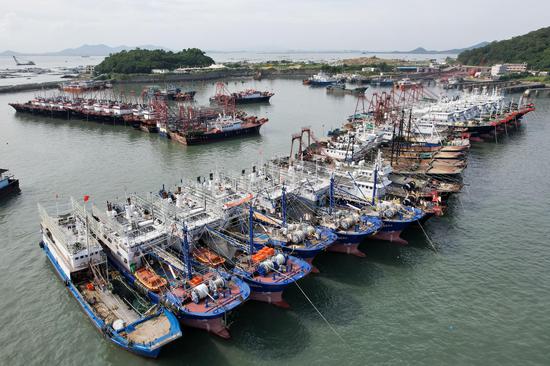





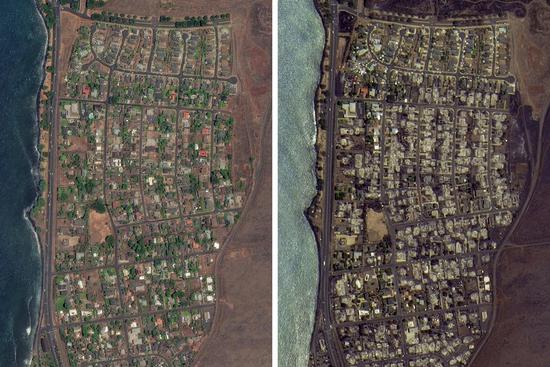












 京公网安备 11010202009201号
京公网安备 11010202009201号